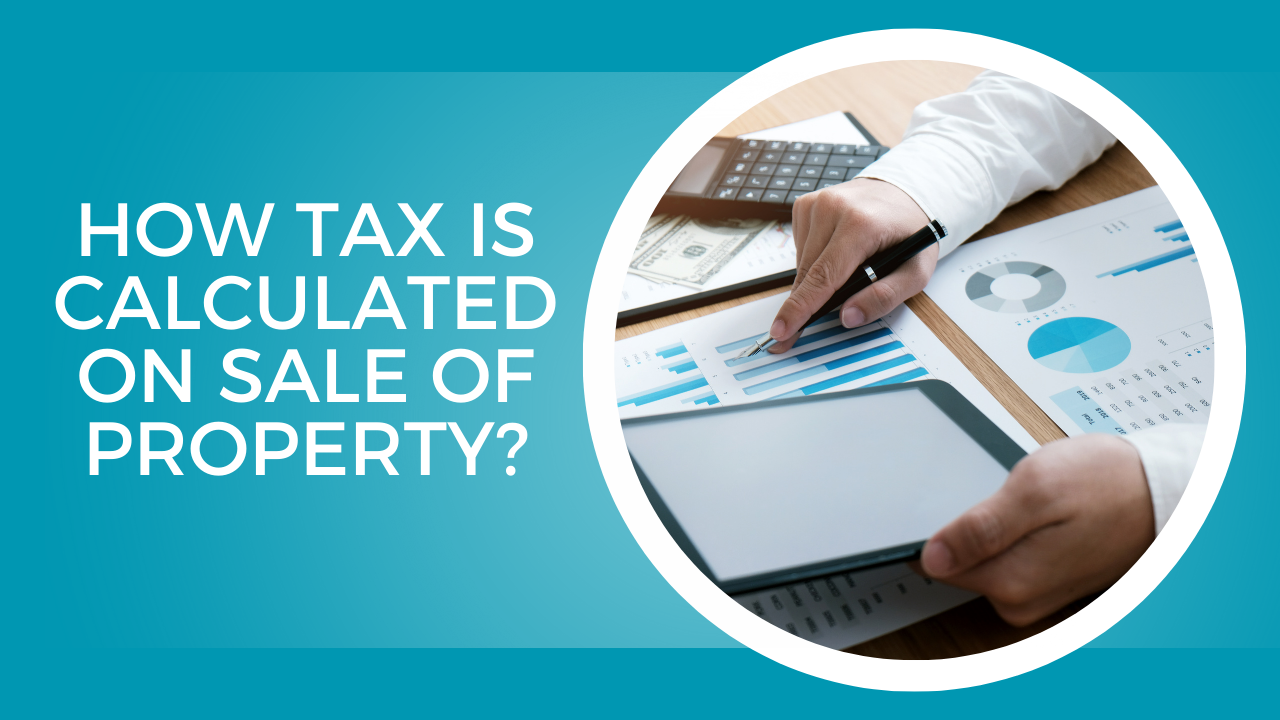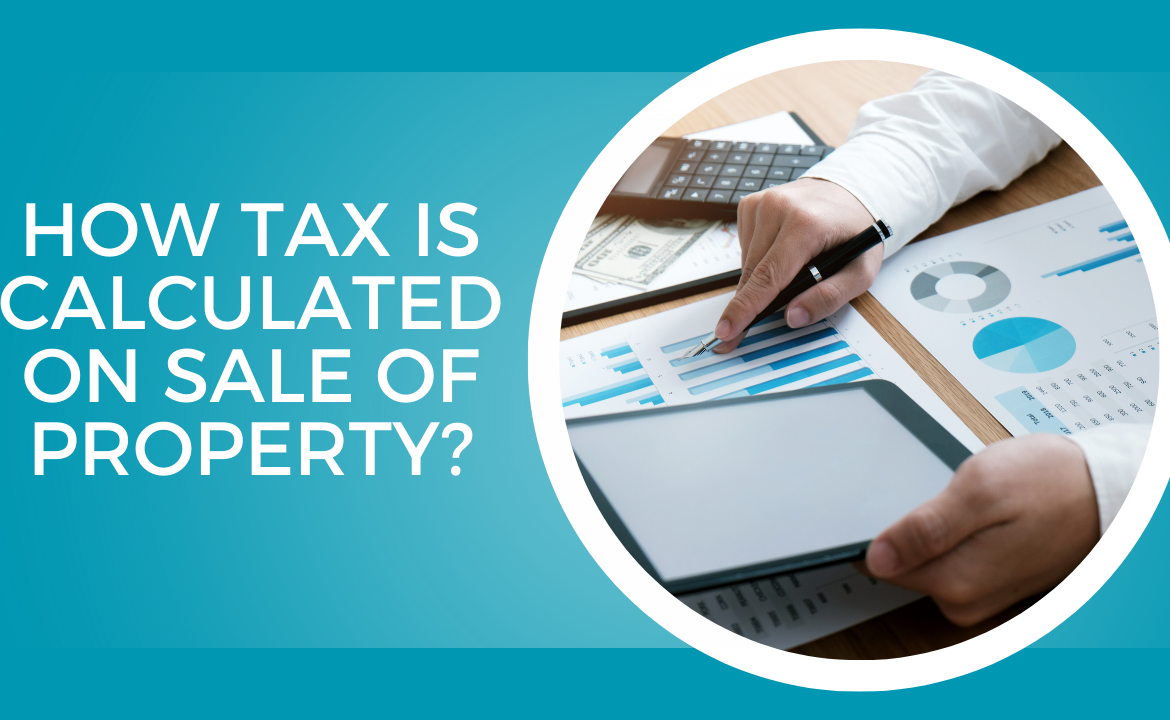
Introduction to Property Sale Taxation
When selling a property, it’s essential to grasp the tax implications for effective financial management. The primary tax concern is capital gains tax, which applies to the profit realized from the sale. This profit is determined by subtracting the property’s purchase price from the selling price, with allowances for costs and improvements made over time. The taxation approach differs based on the holding period; properties held for a longer duration often benefit from reduced tax rates compared to those held briefly. Moreover, deductions for sale-related expenses, such as real estate agent commissions and legal fees, may also be available. Understanding local tax regulations is crucial, as they can significantly influence the final tax outcome. Being aware of these specifics helps ensure compliance and accurate tax planning, ultimately impacting your financial results from the sale.
Calculating Capital Gains on sale of property
- Determine Profit: Calculate capital gains by subtracting the property’s original purchase price from the selling price.
- Adjust for Improvements: Add the cost of any improvements or additional investments to the property’s purchase price to get the adjusted cost basis.
- Compute Net Gain: Subtract the adjusted cost basis from the selling price to find the net gain.
- Consider Holding Period: Tax rates vary based on the holding period; longer-held properties often benefit from lower long-term capital gains rates, while shorter holding periods may result in higher short-term rates.
- Account for Deductions: Include allowable deductions such as real estate agent fees and legal costs to reduce the taxable gain.
- Ensure Accuracy: Accurate calculation of capital gains is essential for proper tax reporting and effective financial planning.
Short-Term vs. Long-Term Capital Gains
Comparing short-term and long-term capital gains in the context of property sales:
| Aspect | Short-Term Capital Gains | Long-Term Capital Gains |
|---|---|---|
| Holding Period | Properties held for one year or less | Properties held for more than one year |
| Tax Rate | Generally higher, taxed at ordinary income rates | Typically lower, with preferential tax rates |
| Tax Rate Examples | Up to 37% (in the U.S.) depending on income bracket | 0%, 15%, or 20% (in the U.S.) depending on income bracket |
| Calculation Basis | Selling price minus purchase price, without long-term benefits | Selling price minus purchase price, with potential long-term tax benefits |
| Deductibility of Expenses | Same as long-term, including costs related to the sale | Same as short-term, including costs related to the sale |
| Impact of Improvements | Improvements increase the adjusted cost basis, reducing the gain | Improvements increase the adjusted cost basis, reducing the gain |
| Tax Planning Strategy | Limited scope for tax reduction strategies due to higher rates | More opportunity for tax planning and reduction due to lower rates |
Reporting and Filing Requirements
- Complete Tax Forms: Report the sale on the relevant tax forms, such as Schedule D and Form 8949 in the U.S. Include details like the sale price, purchase price, and adjustments.
- Include Related Expenses: Report all associated costs, such as real estate agent fees and legal expenses, as they impact the final taxable gain.
- Categorize Gains: Differentiate between short-term and long-term gains based on the holding period, as this affects the tax rate.
- Maintain Documentation: Keep thorough records, including purchase and sale agreements, receipts for improvements, and any relevant correspondence.
- Avoid Penalties: Ensure accurate reporting and filing to prevent penalties or interest charges.
Impact of Depreciation on Tax Calculations
Depreciation plays a crucial role in tax calculations when selling property. Depreciation allows property owners to deduct a portion of the property’s cost over its useful life, reducing taxable income during ownership. However, this benefit leads to depreciation recapture tax upon sale. Depreciation recapture tax requires you to pay taxes on the amount of depreciation previously claimed, often at a higher rate than standard capital gains tax. To determine the total gain on sale, subtract the adjusted basis (original purchase price minus accumulated depreciation) from the selling price. Properly tracking depreciation and understanding its implications for tax liability are essential for effective financial planning. For navigating these complexities and optimizing tax outcomes, consulting with a tax advisor is highly recommended.
Conclusion
In conclusion, understanding the tax implications of property sales, particularly regarding capital gains and depreciation, is essential for financial planning. Accurate reporting of gains, proper categorization as short-term or long-term, and tracking expenses such as agent fees and legal costs can optimize your tax outcome. Depreciation recapture can increase your tax liability, making it important to plan ahead. Consulting a tax professional ensures compliance and helps you navigate complexities, ultimately improving financial results. Proper documentation and adherence to filing requirements are key to avoiding penalties and maximizing tax benefits when selling property.
Frequently Asked Questions (FAQs)
1. What is capital gains tax on property sales?
Capital gains tax is the tax imposed on the profit from selling a property. It is calculated as the difference between the selling price and the original purchase price, adjusted for any improvements.
2. What is the difference between short-term and long-term capital gains?
Short-term capital gains apply to properties held for one year or less and are taxed at higher ordinary income rates. Long-term capital gains apply to properties held for more than one year, benefiting from lower, preferential tax rates.
3. How does depreciation affect taxes when selling property?
Depreciation reduces taxable income during ownership but triggers depreciation recapture tax upon sale, requiring taxes to be paid on the amount previously deducted.
4. Can I deduct expenses related to selling the property?
Yes, costs like real estate agent fees, legal costs, and improvements can be deducted from the final taxable gain, reducing your tax liability.
Read More:
- Mutual Funds and Taxes: How Income Tax Slabs Affect Your Returns
- What are tax-free annuity exchanges?
- 13 tax-free incomes in India – every investor should know
- Tax Return Tips for Last-Minute Filers

Hello, I am Tanisha Kriplani, graduated in computer science from Delhi University. I am passionate about web content writing and have a strong interest in Data Analytics and Data Engineering.












